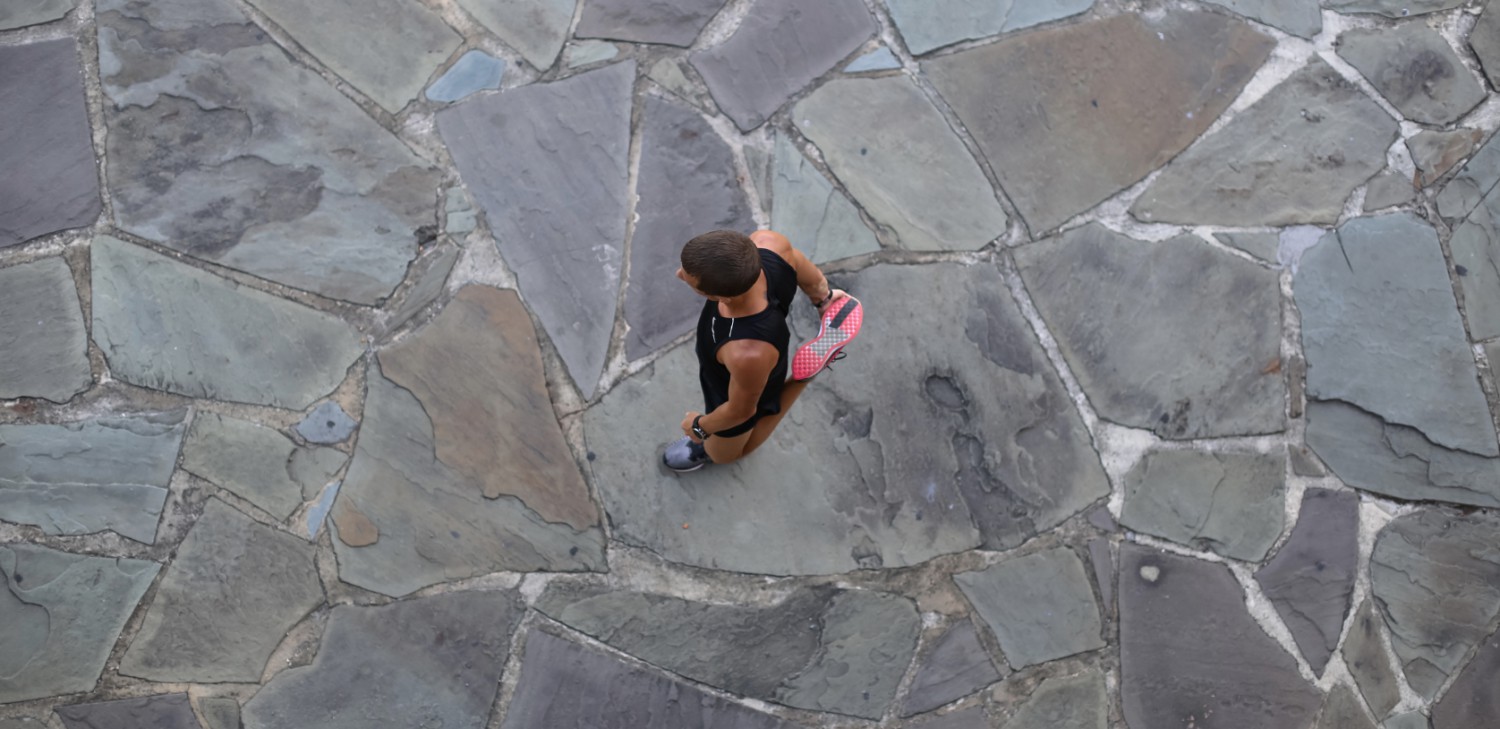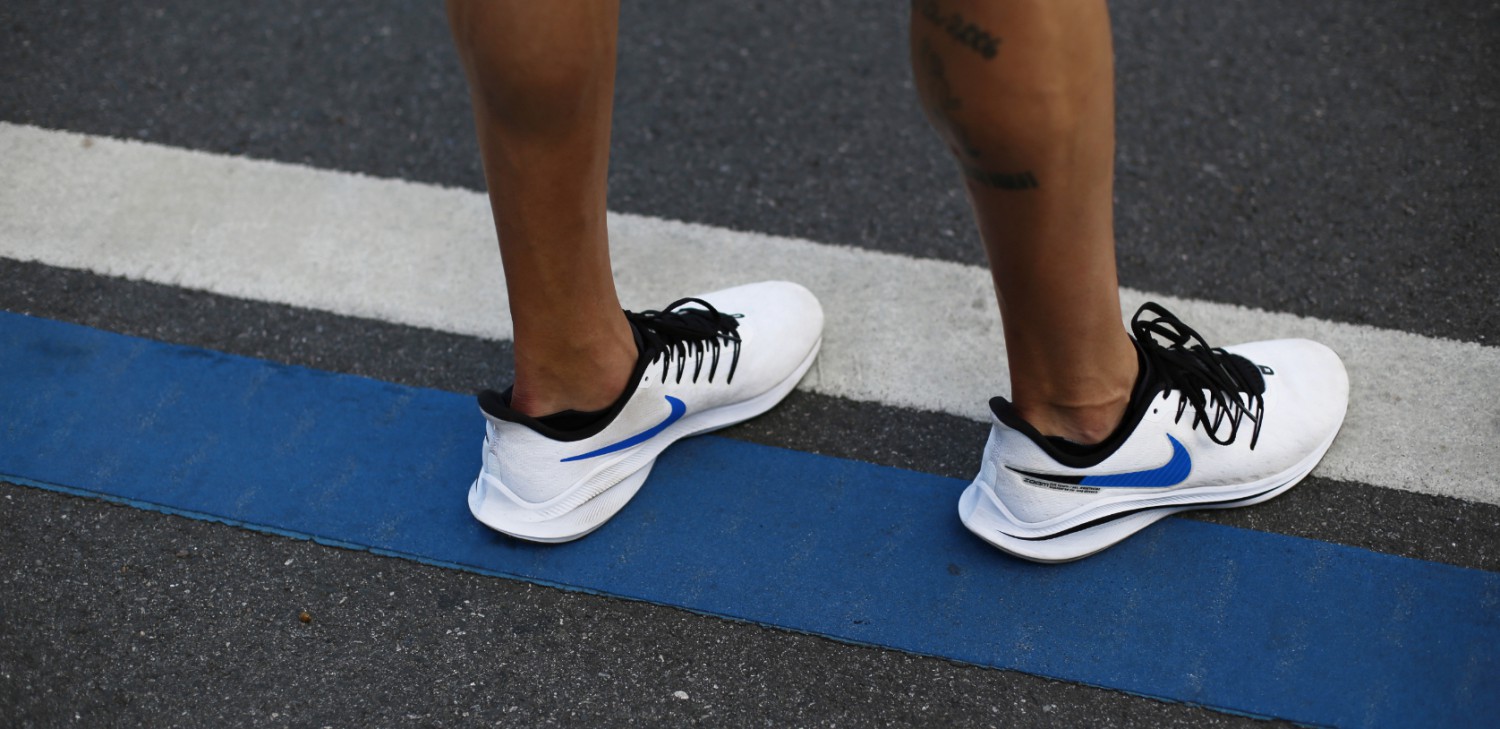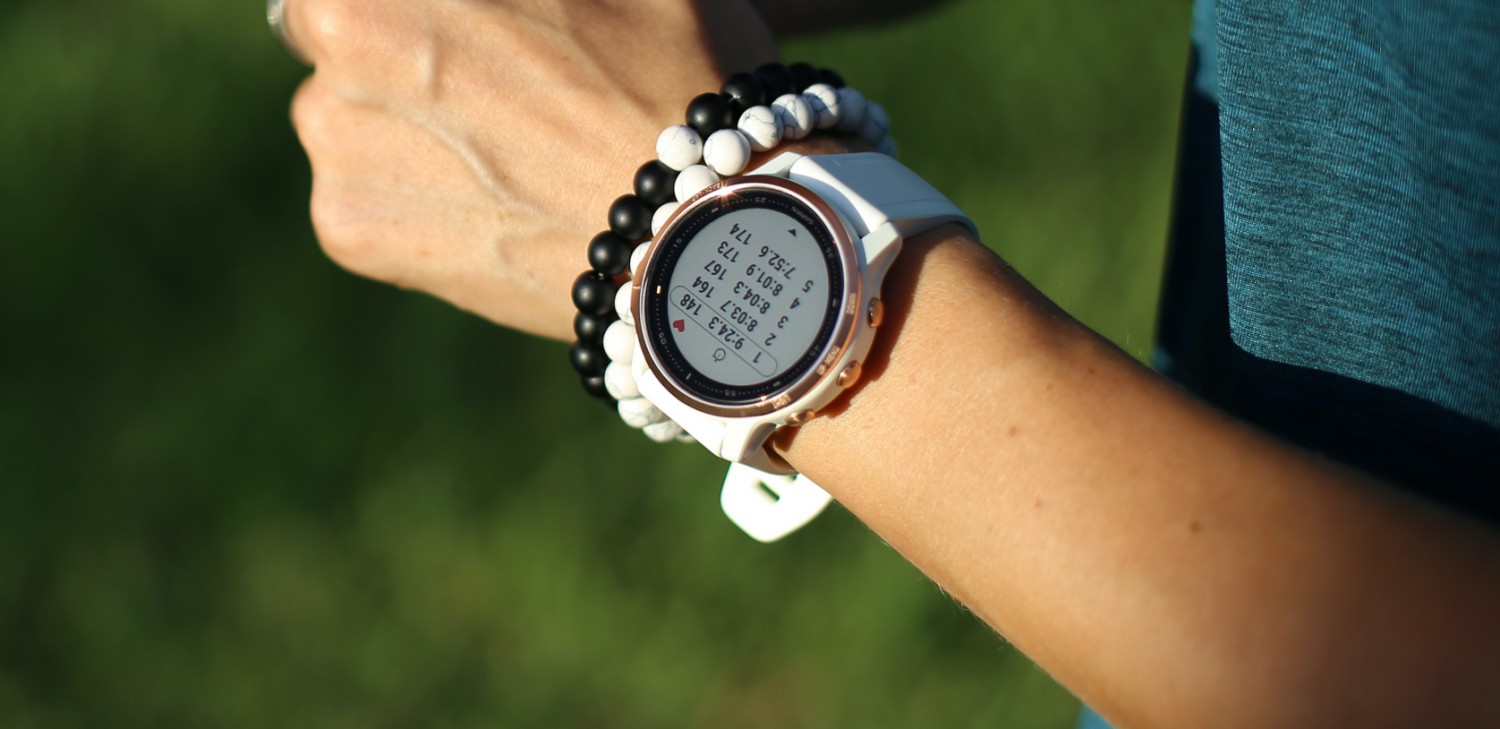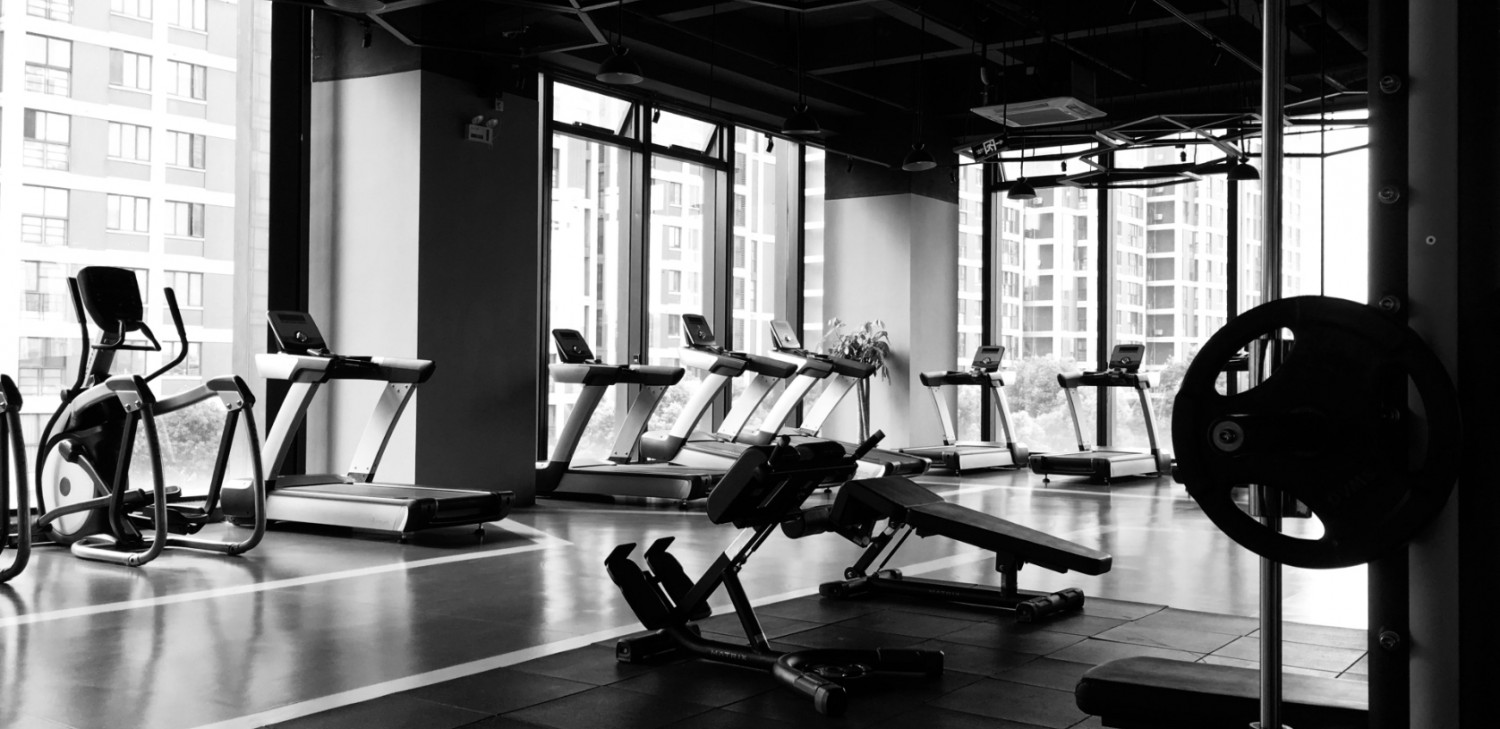Tips and Advices
Always be proactive before each run or workout
This could include hydrating, eating the right food, wearing proper clothing, finding a good/safe place to run.

Make sure you’re wearing the right shoes
Get a “Gait Analysis” performed so you know what type of shoe you need. Also, an insert might be needed for some runners.

Don’t run your Easy Runs too fast
The purpose of an easy run is to recovery from a quality workout. If you run easy runs too fast you’re setting yourself up for an injury or it could lead to over training.

Don’t race too often
Racing too much can negatively effect training and you won’t be able to improve as a runner. It can also lead to over training.

Know when not to push through
a run if something is hurting
It’s always better to be on the safe side. You would rather have to miss just 1-2 days than have to miss 1-2 months.

Don’t force things
This includes paces, mileage, individual runs, etc.

Don’t trust your GPS watch too much
GPS watches measure your distance based on its connection to the many satellites in the sky. The smallest things can affect this connection like tree/building coverage.

Incorporate hills into your training
Hill work is speed training in disguise. These workouts will make you a stronger runner and help you be prepared for any type of race course you may face.

Protect yourself from the elements
Sun, snow, rain can play a big role in training. Most of the time in a negative way. If it’s a sunny day make sure you’re protecting yourself with sunscreen. If it’s cold and snowing make sure you’re wearing the proper clothing. Frost bite is a real thing. If it’s raining then chafing and blisters are more likely to happen and wearing anti chafe cream can prevent it.

Use mantras if you’re having a hard time with motivation
Every so often runners eventually deal with a decrease in motivation. Using mantras can help get you through tough workouts or races. Make sure you’re using positive slogans for these like “I have the strength and speed of an Olympian” rather than a mantra with a negative words like “don’t”, “can’t”, or “won’t”.

Cross training can be more helpful than you think
Injured? It’s happened to us all. That doesn’t mean you have to be inactive during the recovery process. More than likely there’s a cross training routine that you can do while recovering. By doing so your fitness won’t decrease as quickly as it would if you were just sitting in the couch all day.

Stopping sitting down too much
Sitting down for too long has many negative health issues that I’m sure many know about. For running, when sitting too much, you’re allowing all your muscles, tendons, and ligaments to tighten up. This can possibly lead to an injury like a muscles strain for example. Also, when you’re sitting, the bodies blood flow is moving at a slower rate which can cause the recovery process after a hard workout to be longer.
